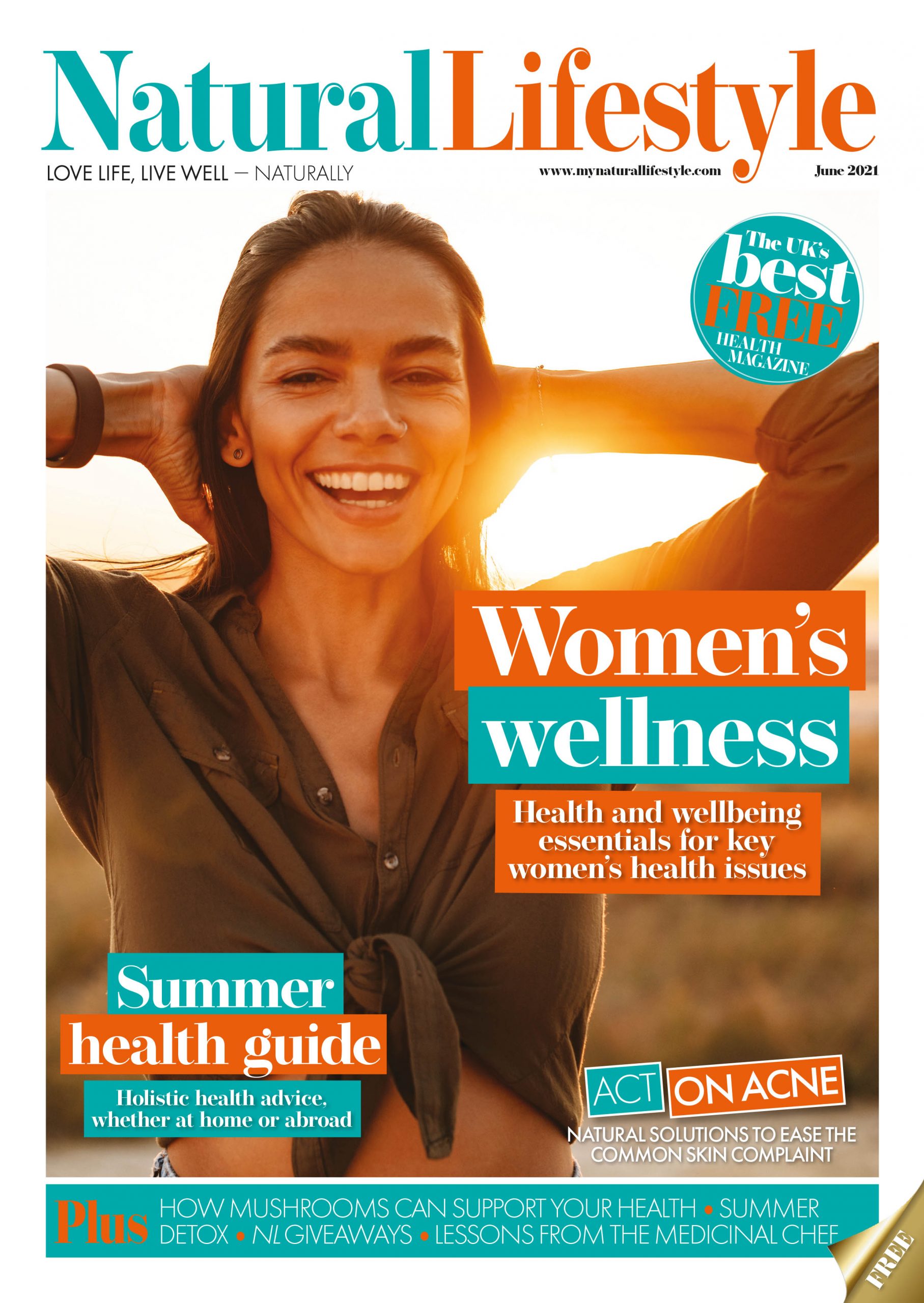It’s easy to consume additional calories without even knowing it, and this is putting greater pressure on our collective waistlines.
And so to help, the British Nutrition Foundation has offered its top tips for knowing your calorie intake as part of the ‘Know your numbers’ calorie advice issued by Public Health England (PHE) in a bid to cut childhood and adult obesity.
The BNF advises:
l Breakfast (400kcal): Breakfast is a great opportunity to get at least one of your five a day – add fruit to cereal, or try vegetables, such as a grilled tomato or mushrooms if you prefer a hot start to the day. Look out for calories in drinks – especially in lattes, juices or smoothies, when choosing your breakfast and try lower calorie options, such as filter coffees, unsweetened teas and water. Consider going wholegrain at breakfast by choosing porridge and other wholegrain cereals and breads, which provide extra fibre and nutrients.
l Lunch (600kcal): A sugary drink and a high fat accompaniment can take up almost your entire calorie allowance for lunchtime; save the calories by choosing water or sugar free drinks. It is important to look at the nutrition labels on foods and choose those that are lower in saturated fat and salt. Fill up on fibre at lunchtime, such as wholegrain breads, brown pasta or rice, as these can help to keep you feeling fuller and may help you avoid snacking later on. High fibre foods can be paired with a lean protein like chicken or, if you are vegan or vegetarian, try plant-based proteins like beans and pulses.
l Dinner (600kcal): If you are out and about for dinner, look for lighter dishes on the menu or try a healthy side order such as a mixed salad or vegetables, and avoid deep fried options or those with butter or creamy sauces. If you’re at home, try steaming or grilling your food rather than roasting and frying to keep the fat and calorie content down.


